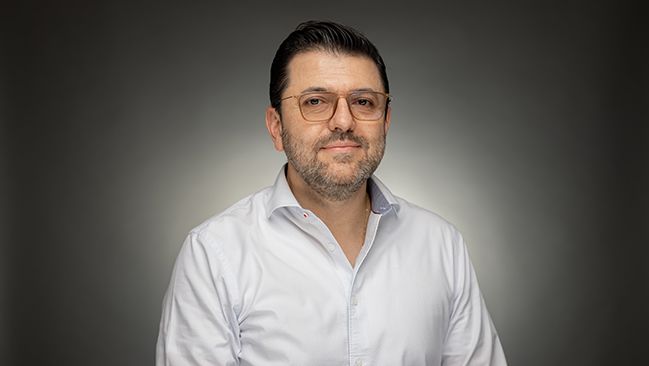
Center for Global Workplace Equity and Inclusion
The Center for Global Workplace Equity and Inclusion (CGWEI) is a research unit within the School of Business at Christian Brothers University. The Center was created in 2022 with a twofold justification.
Firstly, the “preferential option for the poor” that characterizes Lasallian higher education in more than 60 universities around the world enables the creation of a Center concerned with the equitable inclusion of vulnerable population groups into the labor markets of the U.S. and the rest of the world.
Secondly, the structural conditions in the State of Tennessee and the Midsouth constitute a complex, challenging reality for the study of the labor situation of vulnerable population groups in the U.S. — particularly but not exclusively of women, African American/Black, indigenous, and immigrant communities. In the same spirit of the “preferential option for the poor” mentioned above, the CGWEI is concerned with discovering new knowledge for the equitable inclusion of these groups into the labor market to foster social progress and economic prosperity at the regional level.
Mission of the Center for Global Workplace Equity and Inclusion
The mission of the for Global Workplace Equity and Inclusion is the promotion of human dignity within the workplace through the study of labor market and industrial relations in the U.S as well as in other countries, with a particular emphasis on workplace equity and inclusion of disadvantaged population groups such as women, African American/Blacks, Latin Americans, and other minorities. Such a knowledge should provide the School of Business at CBU, and its area of influence, with a better understand of the social conditions in which business activity takes place at the local and global levels and how the interactions between social dynamics and the labor markets affect the economy in general and the performance of the private sector.
New knowledge generated by CGWEI illuminates the public debate about the design of better public policies to foster workplace equity and inclusion of disadvantaged population groups, particularly but not exclusively at the local level. In the same vein, CGWEI promotes a better understanding of how private firms may benefit from the inclusion of vulnerable population groups, not only to maximize their profits but also to contribute to the progress of the local communities in which they operate.
Finally, CGWEI provides orientation to capstone projects developed by students at the School of Business that are related to the analysis of labor market dynamics, workplace equity, and inclusion of minorities.
Objectives
Activities at the Center for Global Workplace Equity and Inclusion are guided by the following objectives:
- To produce new knowledge about the current trends of global workplace inequalities in developing countries and its evolution over time;
- To follow the situation of labor conditions and global workplace equity and inclusion of women and ethnic minorities in Memphis and the Midsouth;
- To inform non-governmental organizations, the private sector, local governments, and the public of the Midsouth about regional labor market trends, with a particular focus on traditionally disadvantaged groups such as women and ethnic minorities; and
- To illuminate public debate — in the Memphis-Midsouth region, nationally, and internationally — about trends in global workplace equity and the inclusion of women and ethnic minorities in the labor market.


